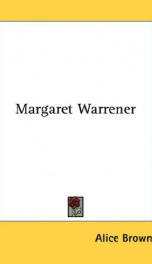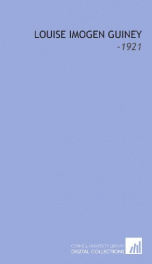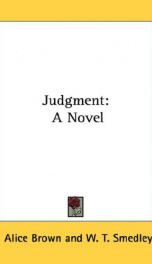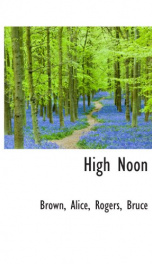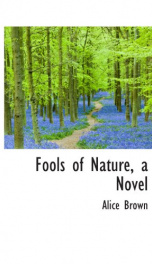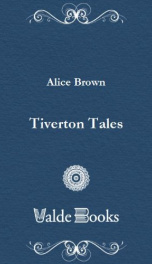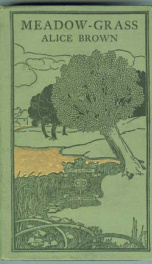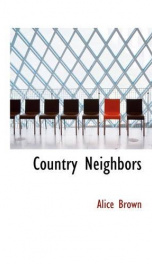john winterbournes family
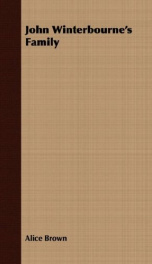
JOHN WINTERBOURNES FAMILY -- 1910 -- THE old Winterbourne house, one of New Englands ancientry, stood at the west end of Clyde, among other noble structures of an equal age, some of them surrounded by spacious grounds and looking out at the back upon fields sloping down to the Sutton River. Across the i river was Sutton itself, a dozing village. Clyde was dignified, reminiscent of more formal customs, and yet tolerant. A few of its estates had reached an admirable degree of cultivation, with terraces, peony-topped, and arbors, grape-entwined. hesesoberly attested the prosperity of owners who, sharing in some fashion the financial life of the day, perhaps went to the city every morning, and returned at night to the conventional repose of a proper establishment. Others of the old houses, belonging still to the best families, stayed as they had been twenty or more years ago, in an untended ease. The shrubs grew, reached their limit, and were allowed to decline into a natural state. The perennials in green-lichened gardens ran out and were not renewed. This was usually when women-folk had inherited and acquiesced in the unchanged state of things as they had been when there was an active head of the house, they, in their undefended state, being too weak to cope with gardeners. The Winterbourne mansion, large, with a beautiful line of gambrel roof, had been vacant, save for one pensioner, for ten years and over, and had fallen into disrepair, though every last thing that happened to it seemed only, in the unpractical eye, to augment its charm. The shingles, lichen-gray and curled like lichens, let the water through to the rotting roof, and that again transferred the ignominy of dark brown streaks and patches to the ceilings so that Lydia Pendleton, the old servitor who had lived with the Winterbournes of three gen-, erations and now lodged rent-free in the house, made it a part of her duty, in northeast storms, to set pans all over the attic floor to catch the drip. The walls cried for paint, the blinds were racked and some of them yawning, and the repairs needed without wouId have caused the heart of the carpenter to leap for ecstasy. But to the eye in search of beauty only, of that rich mellowness, the child of time, it was a lovely house, shaded by trees, overgrown of vines, and with never a line in all its leaf-embowered amplitude which was not obedient to art. Three years ago, John Winterbourne, the owner, and last wearer of his name, had come home and settled down here with only Lyddy to make his household. He was between forty and fifty, a man who, without active choice of his own, had lived a varied life, putting a finger - or the whole hand, according to his impetuous way - into cloth and paper, and even the printing of books, chiefly because work was not done well enough, he thought, and the time needed his irascible service to set it right, and withdrawing from trade suddenly and petulantly also, it seemed, to this tangled retreat and the slovenly ministrations of Lyddv, who had so long considered the house her own shell that he hardly remembered how to vary her eccentric system of work for anybody else, even a revered Winterbourne. He was satisfied. So he was telling James Trenton Lovell, his chum after a fashion, on a night in March when they sat together by the fire in the great square east room, which had, in this light, a stately and satisfying aspect. The paint-a great deal of it on wainscoting and panels - had turned to a fine ivory...
Info about the book
Author:
Series:
Unknown
ASIN:
B000FMPUJO
Rating:
3/5 (5)Your rating:
0/5
Languge:
English
Users who have this book
Users who want this book
What readers are saying
What do you think? Write your own comment on this book!
write a commentif you like john winterbournes family try:
Do you want to exchange books? It’s EASY!
Get registered and find other users who want to give their favourite books to good hands!


